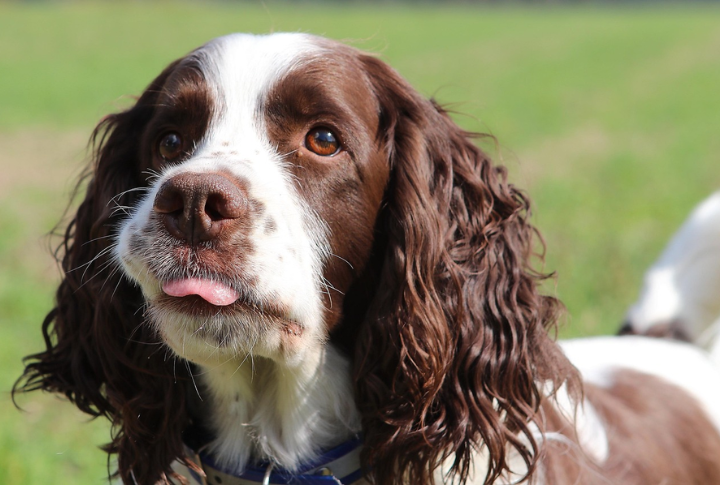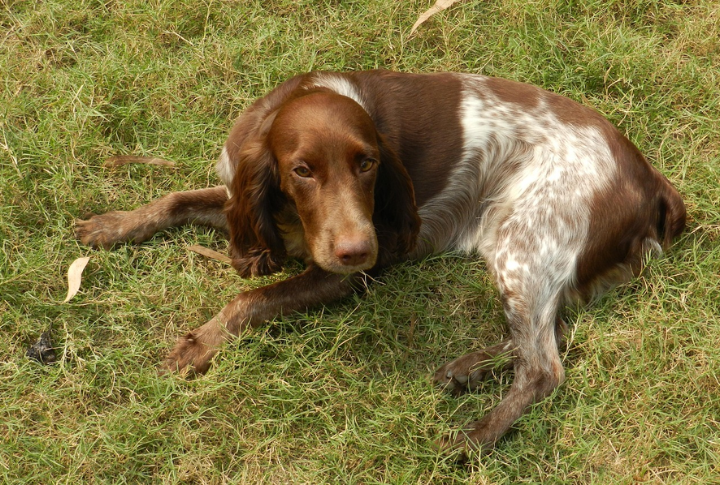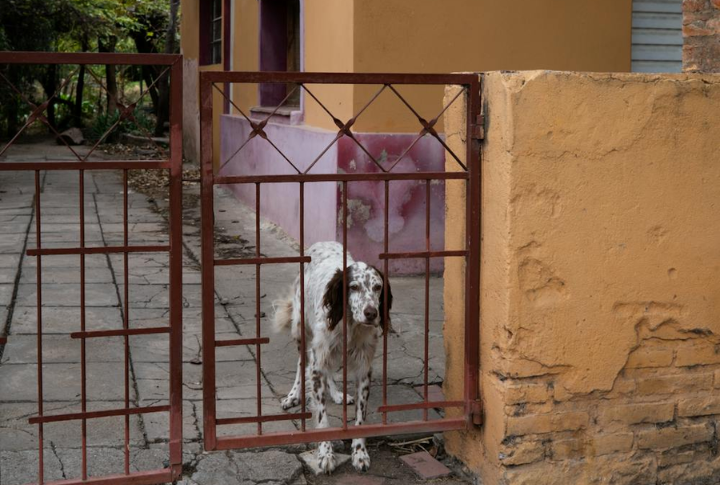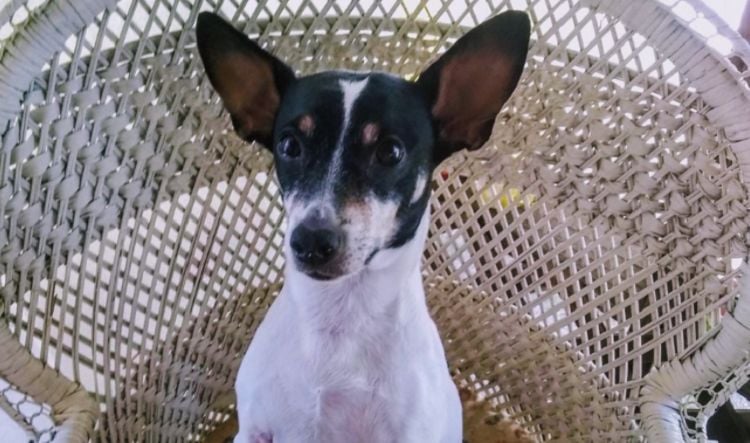15 Behaviors Every Springer Spaniel Owner Faces

Life with a Springer Spaniel rarely follows a predictable script. Every day brings unexpected moments that leave even experienced owners scratching their heads. Beneath those soulful eyes and soft ears lies a breed with behaviors that delight and baffle, creating a constant whirlwind of surprises. Let’s take a closer look.
Obsession With Fetching Objects

A Springer’s instinct to chase can quickly become an obsession with fetching anything that moves. This behavior often takes over playtime, turning even harmless items into targets. It reflects their deep-rooted working drive—always alert, always engaged, and rarely willing to let a task go unfinished.
Sudden Bursts Of Energy Indoors

Seemingly out of nowhere, they bolt through the house, paws skidding on tile and eyes wide with excitement. These energy spikes often catch owners off guard, leaving rooms in disarray. They tear through spaces with joyful abandon, then stop like nothing happened.
Sensitivity To Loud Noise

Fireworks and even raised voices can send a Springer into a frenzy. Some cower, and a few even become visibly agitated. The intense reaction to particular sounds reflects how deeply tuned they are to their surroundings. Even household noises can trigger such an outsized and instinctive response.
Vocalizing When Left Alone

For some Springers, barking or whining begins as soon as the door shuts. These vocal outbursts are signs of separation anxiety, not stubbornness. The sounds can echo through the house for hours, reflecting their deep attachment and discomfort when left alone.
Digging Holes In The Yard

Spaniels are known to dig when bored, curious, or following a scent. What looks like a random mess often traces back to their hunting roots, where digging helped flush out prey or create cooler ground. That deep-seated behavior still surfaces in many backyards today.
Herding Children Or Other Pets

Circling and nudging are all herding behaviors that can confuse or annoy other pets and children. This drive to control movement often surfaces during play or moments of high excitement. Unlike their ancestors, who herded livestock, these dogs now attempt to manage the household.
Constant Shadowing Of Owners

A dog glued to its owner’s side can be endearing until it’s not. Personal space disappears fast, with paws following closely at every turn. Springers were bred to work within arm’s reach in the field, which explains why even a trip to the bathroom gets a full companion.
Chewing On Household Items

When tension builds or boredom sets in, their jaws go to work. It starts quietly with an unattended object, and soon, something’s shredded. A Springer gnawing through a shoe may look harmless, but the behavior echoes back to their days of hunting and carrying prey. So, give them a chew toy if the habit gets out of hand.
Obsession With Indoor Perches

Springer Spaniels often leap onto counters or perch on couch backs for a better view. These elevated spots let them watch everything happening around them. Whether it’s the scent of food or the need to stay near their humans, they like to stay in the middle of the action.
The Urge To Leap And Greet

Greeting with a leap could seem friendly, but it can quickly turn problematic for guests. The impulse to jump can indicate excitement. Think of it as their way of saying, “Notice me! I’m here!” In fact, if left unaddressed, it could become an ongoing obsessive pattern.
Compulsive Licking Habits

It might look like simple grooming, but when a Springer starts licking furniture or shoes, something else could be going on. The motion often calms them, especially during stressful moments. For some, it’s how they cope when they’re feeling overwhelmed or lacking stimulation.
Guarding Food Or Toys

If your Springer suddenly stiffens near a food bowl or toy, it may be showing signs of resource guarding. This behavior isn’t always about dominance—it can come from anxiety or past trauma. A curved, sideways body posture wrapped around the item is a common physical cue to watch for.
Rolling In Unpleasant Substances

Decaying leaves, animal droppings, and other foul smells often prove irresistible. For Springer dogs, rolling in them feels instinctive; for others, it’s about locking in a scent. Unlike humans who value cleanliness, this breed finds comfort in the mess. And getting rid of the odor usually takes multiple washes.
Attempting To Escape Fenced Areas

Pacing fences or probing for gaps can look like a restless habit, but outside distractions often trigger it. A passing dog or distant noise can spark such intense curiosity. Identifying what draws their attention helps prevent escape attempts rooted in instinct, not defiance.
Displaying Selective Hearing During Training

A Springer that ignores a command one minute but responds the next isn’t necessarily difficult. Their focus can shift rapidly, especially in busy or unfamiliar environments. In fact, high sensitivity to sudden movement and sound means distractions often override commands, especially when their instincts kick in first.






